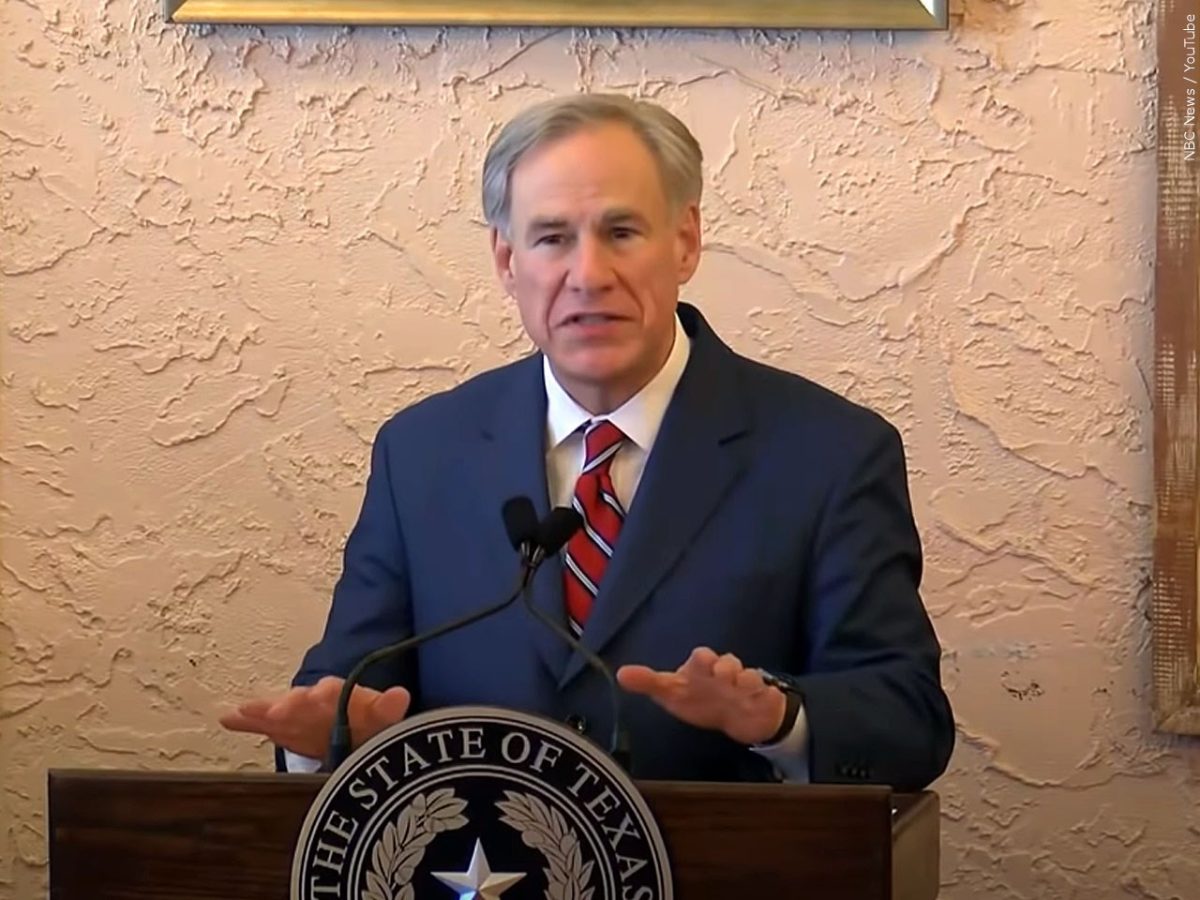In a recent 5-4 U.S. Supreme Court decision, federal authorities were permitted to dismantle Texas’s existing border protections. Some of these protections include razor wire along the Rio Grande River – a pivotal area for illegal migrants to cross the border – as well as extensive volumes of border wall. However, under the directive of Texas Governor Greg Abbott and many supporting Grand Old Party, or GOP, politicians, the state claims that such border protections are a necessity in the face of increasing levels of immigration.
“It’s the paramount duty of the federal government to secure our nation’s border and ports of entry, and anything less poses a significant risk to U.S. national security and overall public safety,” said Georgia Attorney General Chris Carr. “Unchecked immigration policies are a source for human trafficking, drug smuggling and other violent crime, and our states are now having to fill in the gap where the Biden administration has failed.”
Consequently, Abbott has continued to double down on border protections, this time with national guard reinforcements preventing the federal government from doing any more damage. Although Abbott’s order is not directly unconstitutional, it raises questions about how politics is conducted between the states and the federal government.
“It’s really important to stress that two different things are true,” said Stephen Vladeck, a law professor at the University of Texas at Austin. “First, Abbott is not ‘essentially ignoring’ the Supreme Court. Second, he is interfering with federal authority to a degree we haven’t seen from state officials since the desegregation cases of the 1950s and 1960s.”
Complications arise in the power dynamics between the federal government and the states. As Texas continues to fortify and bolster border security despite counteractive initiatives led by the federal government, the Biden administration develops pressure to intervene, as many states are keen to witness Texas’s unbound independence to execute certain political aspirations.
“They have conflicting interests, which does beg the question, who rules over who?” said Landon White, a sophomore physics major. “It would be interesting to see how that comes to a consensus.”
If consensus is not in the foreseeable future, however, the lasting impacts of Abbott’s defiance could alter political systems across the nation. This could not only change discourse between the federal and state levels but also change the way in which states interpret Supreme Court decisions.
“We are at a very critical issue right now because we’re testing, really, the essence of the Republic of the United States and whether or not the Supreme Court has authority, whether states have to abide or find a way to interpret it the way that they want,” said Haim Vasquez, an immigration attorney. “If the federal government backs down from this, they completely will lose the authority they have on Supreme Court precedent.”
Conversely, when subjugated to viewing available solutions that encourage consensus, dilemmas arise due to partisanship in the U.S. exacerbating ongoing political conflict. This can coincide with Texas going to great lengths to reject federal cooperation by bringing it to the Supreme Court.
“When we ask for the Supreme Court to resolve hot-button political debates through emergency court orders without even going through their normal process of hearing cases, I don’t think we should be too critical of the Court,” said Benjamin Clark, a political science professor at GC. “This isn’t how the judiciary is supposed to operate, and both sides of the political aisle have probably become too quick to seek emergency resolution by the Supreme Court on too many legal and constitutional questions.”
In recognition, this makes it all the more important for there to be bipartisan solutions revolving around border security. Joe Biden, the current president of the U.S., made recent attempts to address the problem by proposing a bill aimed at funding 1300 patrol officers, 375 immigration judges and 100 machines to detect fentanyl to be placed in border patrol centers. The bill was nearing finalization with bipartisan support from Congress. However, it was shockingly struck down, as GOP senators found inspiration in Texas’ rebellious actions.
“That’s why two months ago, I instructed my team to begin negotiations with a bipartisan group of Senators to seriously, and finally, address the border crisis,” Biden said. “It’s long past time to fix it.”
Regardless of partisan complications, the impact of Abbott’s initiative remains undetermined despite the urgency for solutions. And with the recent bipartisan bill turned down, unpredictable solutions may be a noteworthy contributor to solving the political problems surrounding the southern border.


